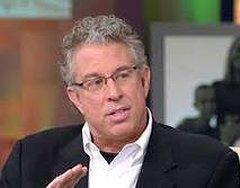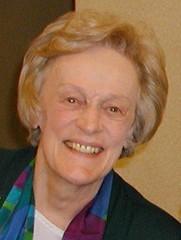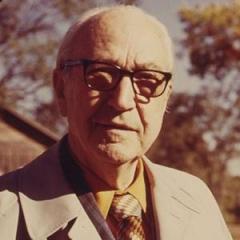Carl Jung Quotes - Page 18
All the most powerful ideas in history go back to archetypes.
Carl Gustav Jung (1981). “The Collected Works of C. G. Jung: Structure and dynamics of the psyche”
One does not become enlightened by imagining figures of light, but by making the darkness conscious.
Carl Gustav Jung, Herbert Read, Gerhard Adler, Michael Scott Montague Fordham (1973). “The Collected Works of C.G. Jung: Alchemical studies”
Carl Gustav Jung, Richard Francis Carrington Hull (1992). “Two Essays on Analytical Psychology”, p.205, Psychology Press
"The Meaning of Psychology for Modern Man" (1933)
Carl Gustav Jung, Herbert Read, Michael Fordham, Gerhard Adler (1968). “pt. 1. The archetypes and the collective unconscious”
Carl Gustav Jung, Herbert Read, Michael Fordham, Gerhard Adler (1963). “Mysterium coniunctionis, an inquiry into the separation and synthesis of psychic opposites in alchemy”
Carl Gustav Jung, Herbert Read, Michael Fordham, Gerhard Adler (1964). “Civilization in transition”
Carl Gustav Jung, Michael Fordham, Gerhard Adler (1970). “The Collected Works of C. G. Jung: Civilization in transition”
Carl Gustav Jung (1958). “Psyche and symbol: a selection from the writings of C. G. Jung”, Anchor Books
Ultimate truth, if there be such a thing, demands the concert of many voices.
Carl Gustav Jung, Sir Herbert Edward Read, Michael Fordham, Gerhard Adler (1977). “The Collected Works: The symbolic life. Miscellaneous writings”
A collection of a hundred great brains makes one big fathead.
Carl Gustav Jung, Michael Fordham, Gerhard Adler (1970). “The Collected Works of C. G. Jung: Civilization in transition”
Carl Gustav Jung (1973). “Memories, dreams, reflections”, Random House Inc
Carl Gustav Jung (1964). “Civilization in transition”
Carl Gustav Jung (1973). “Memories, dreams, reflections”, Random House Inc
Carl Gustav Jung, Herbert Read, Michael Scott Montague Fordham, Gerhard Adler (1970). “The Collected Works of C. G. Jung: Mysterium coniunctionis, an inquiry into the separation and synthesis of psychic opposites in alchemy”







